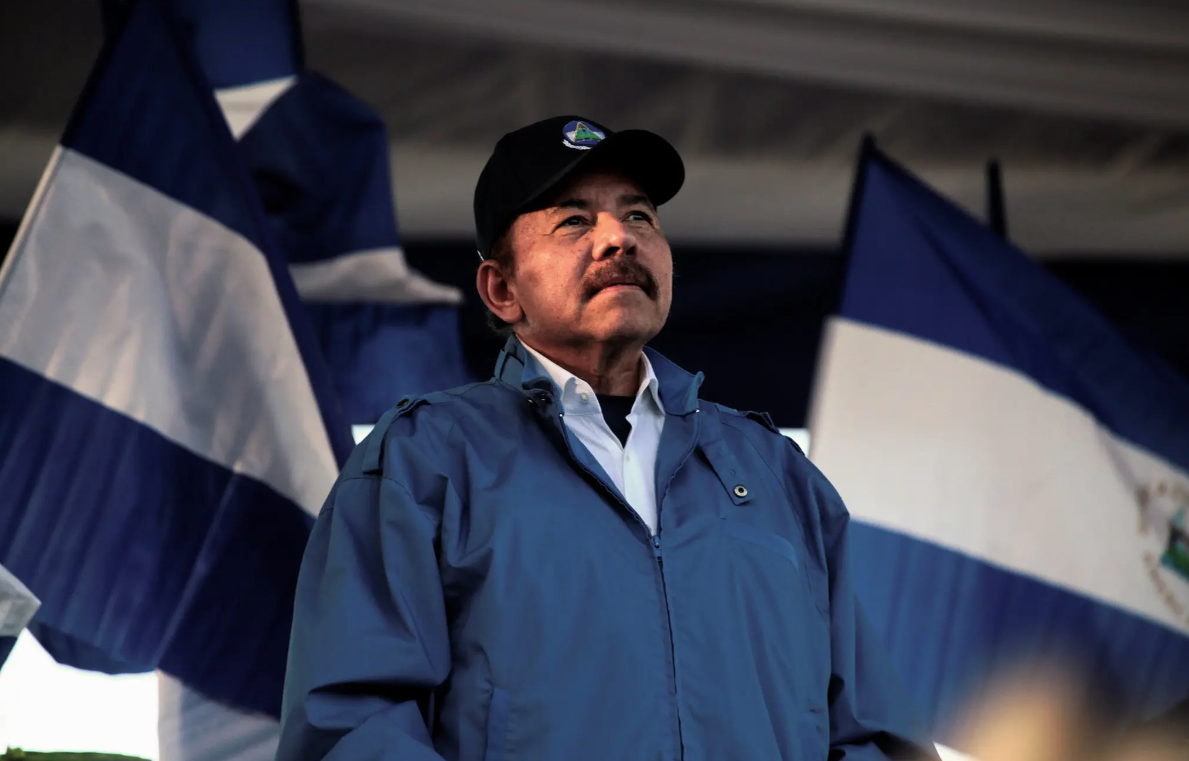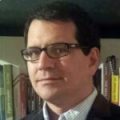In recent years, non-democratic forms of government have emerged that use legitimization and manipulation as resources for the preservation of power. These new despotisms, as the expert John Keane calls them, inside and outside Latin America base part of their resilience on combining some basic qualities of autocracy with subordinate elements of democracy. Their success depends on the ability to deploy, in a controlled manner, effective violence to institutionalize their adaptive mechanisms, such as technocratic deliberation and consultation and the promotion of socio-economic development without political freedom.
These post-Cold War regimes recycle the old forms of classical repression, but combine them with disinformation, manipulation, and simulation, both in the physical space of institutions and squares and in the virtual sphere. Their discourse harbors a collage of ideas and lexicons: environmentalism and development, tradition and modernization, deliberation, and citizen consultation, all of which rhetorically draw a certain horizon of progress. These are a government’s experts in the arts of manipulation, seduction, co-optation, and selective repression -calibrated coercion- or expanded repression, such as those deployed in recent times in Alma Ata, Shanghai or St. Petersburg.
These are regimes in which “the art of manipulation” are deployed, as described by Ivan Krastev, political scientist, and president of the Center for Liberal Strategies in Sofia (Bulgaria) and Stephen Holmes, professor of law at New York University. They have described this “art” as one of making political appearances a reality, when analyzing the imitation actions expanded after the end of the Cold War. It is a practice to legitimize the power of authoritarian states in the post-communist world against the backdrop of a globalized democratic rhetoric. Those charged with this task are called political technologists.
Political technologists are a sort of hybrid between the position of court advisor in absolute monarchies, the propagandist of Leninist dictatorships, and the political marketing experts of liberal democracies. They are specialists in manipulating public opinion to coincide with the objectives of the elites of the authoritarian system. Political technologists are not singularly brilliant minds who achieve their position strictly because of their own success. They acquire their role from multidisciplinary teams, headed by some authoritative figure.
According to Krastev and Holmes, these political technologists are “intransigent enemies of electoral surprises, party pluralism, political transparency and the freedom of well-informed citizens to participate in the election of their rulers”. They disguise authoritarianism with democratic appearances. In a post-1989 world in which autocrats choose to prevail by incorporating (by perverting them) republican techniques and rhetoric.
Political technologists do “creative” work at sensitive junctures, elections, scandals, protests, constituent processes, for native authoritarianism regimes while helping to maintain the illusion of openness and pluralism within restrictive environments. In the popular series “The People’s Servant,” candidate Vasily P. Goloborodko is besieged by a political technologist, who sells to him his offer that he is the only way to prevail within a competition falsified by the oligarchs.
The political technologist operates through an ecosystem of governmental NGOs (GONGOS), authoritative media and reformist intellectuals, all loyal to the elites and central narratives of the system. With their communication and intellectual resources, political technologists reinforce governance when excessive violence is not appropriate. Within the shelter of the authoritarian state, official ideology and political technology establish a division of labor. Traditional ideology is oriented to the masses, who are captive of mass media and information through state channels. At the same time, political technology seduces – through “alternative” media – connected segments of native elites and foreign publics.
Several political technologists are famous in countries and circuits of the global autocratic universe. In Russia, Gleb Pavlosvsky of the Foundation for Effective Policies, former Soviet dissident and advisor to Boris Yeltsin and Vladimir Putin, stands out. In Venezuela we have the sociologist Oscar Schemel, owner of the pollster Hinterlaces and member of the Constituent Assembly of Madurism. In China we find Eric Li, businessman, digital talk show host, and founder of the media conglomerate Guancha. The list is long.
However, to the extent that autocrats are challenged, with intelligence and commitment by their opponents, they tend to close the minimum spaces for dissent. This is what has happened recently in elections and squares in Hong Kong, Moscow, or Managua. Then comes the moment of unbridled repression, the traditional practices of classic dictatorships. It would seem that we will increasingly see outcomes like these in the midst of the current autocratic wave. In these scenarios, the opportunity for political technologists tends to be reduced. The pure and hard propagandists of autocracies gain prominence, as we see today in the Kremlin’s media ecosystem after the drift provoked by the invasion of Ukraine.
Any form of thinking about politics is always embedded in specific power structures and dynamics. Insofar as there is no exteriority between power, academia, and political economy, it is possible to understand how a non-democratic regime can be involved in the production of ideas and discourses akin to its objectives. As my Latin American colleague Paulo Ravecca has pointed out in a recent work: a dictatorship survives because it kills and represses; in other cases, it shelters a loyal intelligentsia that thinks and publishes. This structural overlap between state violence and authoritarian political science acquires an organic character in the nexus between power and knowledge, and it is embodied by political technologists.
Translated from Spanish by Alek Langford












